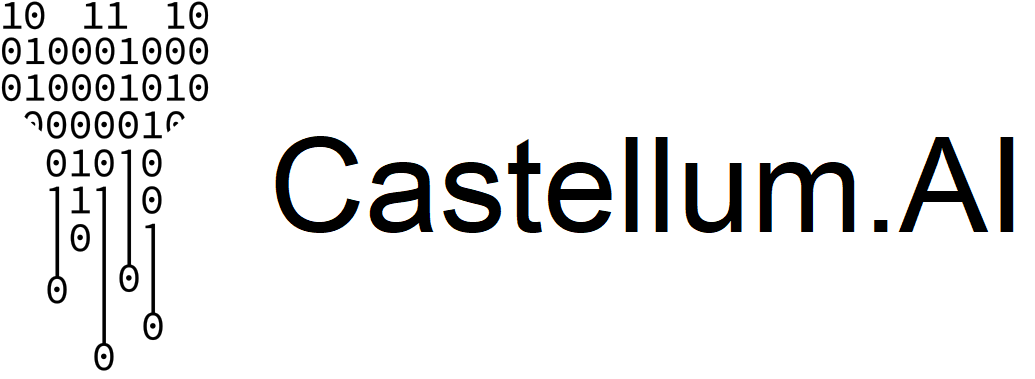OFAC Increases Use of Sanctions Advisories by Over 100% Since 2019
On November 10th, OFAC sanctioned two military officials in Cambodia for corruption, and also issued an advisory, together with the Departments of State and Commerce, “to caution U.S. businesses [...] of interactions with entities and sectors potentially involved in human rights abuses, criminal activities, and corrupt business practices.” Advisories are OFAC’s shot across the bow; a final, very public warning that sanctions are coming. What makes this case particularly interesting is not the use of sanctions to target corruption (OFAC has used its corruption and human rights authority 335 times prior), but the use of an advisory for a non-sanctioned country.
OFAC has issued 19 advisories in total, all of which focused on jurisdictions subject to significant sanctions (such as North Korea, China, Iran, Syria) or a certain global topic, such as ransomware, art crimes or nonproliferation. Cambodia does not fit into this preexisting pattern (prior to last week’s sanctions, Cambodia had only 26 designations, compared to 321 in China and 957 in Iran) and represents OFAC’s willingness to increasingly issue advisories.
The Numbers
Advisories often require more work than actual designations and show not just an operational, but significant policy focus. OFAC issued its first advisory in 2011, and proceeded to issue between none and two a year, until 2020, when Trump’s OFAC issued six advisories, ranging from North Korea to Ransomware. Biden’s OFAC has kept up this torrid pace, issuing four advisories in the administration’s first year alone (see all the topics below). In the last two years, OFAC has issued ten sanctions advisories, whereas in the eight preceding years, it issued nine advisories.
See the data for yourself — get a Castellum.AI account!
What This Means Going Forward
This emphasis on advisories, across both democratic and republican administrations shows that this public-facing tool is here to stay and will be used more frequently. FinCEN identified corruption as one of its top enforcement priorities, and the use of an advisory for Cambodia, as opposed to for a more strategic country such as Mexico, shows that OFAC is is increasingly willing to use this tool for all situations. Finally, it also means that fines related to the advisory topics will be higher, because those that are subject to enforcement actions will have had significant public warning.
2021 November - Cambodia
2021 September - Updated Ransomware
2021 July - Hong Kong
2021 July - Update to Xinjiang
2020 October - Art
2020 October - Ransomware
2020 September - North Korea ballistic missile advisory
2020 July - Xinjiang Supply Chain advisory
2020 May - Sanctions Evasion
2020 April - North Korea cyber threats
2019 July - Iran aviation
2019 March - Updated Syria shipping
2018 November - Syria shippigng
2018 February - North Korea vessel
2015 July - Crimea
2013 January - Iran's use of exchange houses
2012 July - Iran shipping
2011 July - Cuba travel
2011 March - Nonproliferation
Want to be ahead of the headlines?
We have you covered. Sign up to receive data alerts and original insights from Castellum.AI

